Informing government policy was the most commonly cited impact in REF 2014. Join us on Wednesday 25 May or Thursday 26 May to find out how government policy is developed, and explore the ways in which policy can be influenced and informed by research.
In bitesize hour-long seminars, Jane Forster (Policy Adviser to the Vice-Chancellor) and Emma Bambury-Whitton (Policy and Public Affairs Officer) will explore successful routes to impact through policy engagement. From giving evidence at Select Committee inquiries and creating policy briefing papers, to engaging in direct correspondence with MPs and Peers, this session will give practical tips and examples of how research filters into policy discussions.
The session will also outline the opportunities and resources available within BU and externally to support academic and support staff to engage decision-makers with research.
Book your place via Eventbrite:
Wednesday 25 May – Talbot
Thursday 26 May – Lansdowne
The session will take place on Wednesday 25 May in Kimmeridge House (KG03) Talbot campus from 13.30 – 14.30 and will be repeated on Thursday 26 May at 12.30 – 13.30 in the Executive Business Centre (EB708) Lansdowne campus. Please feel free to bring your lunch along to the sessions.

This session forms part of a series of research impact seminars and workshops, organised by RKEO to explore the various pathways to achieving societal and economic impact. Within the series, attendees will explore methods for effectively engaging a variety of research users throughout the research process, and develop new ways to plan, deliver and evidence impact.
View the other events in the series or email Genna West for further information.



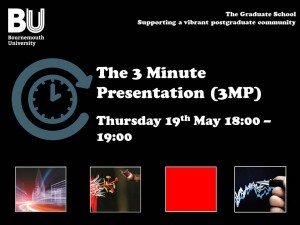
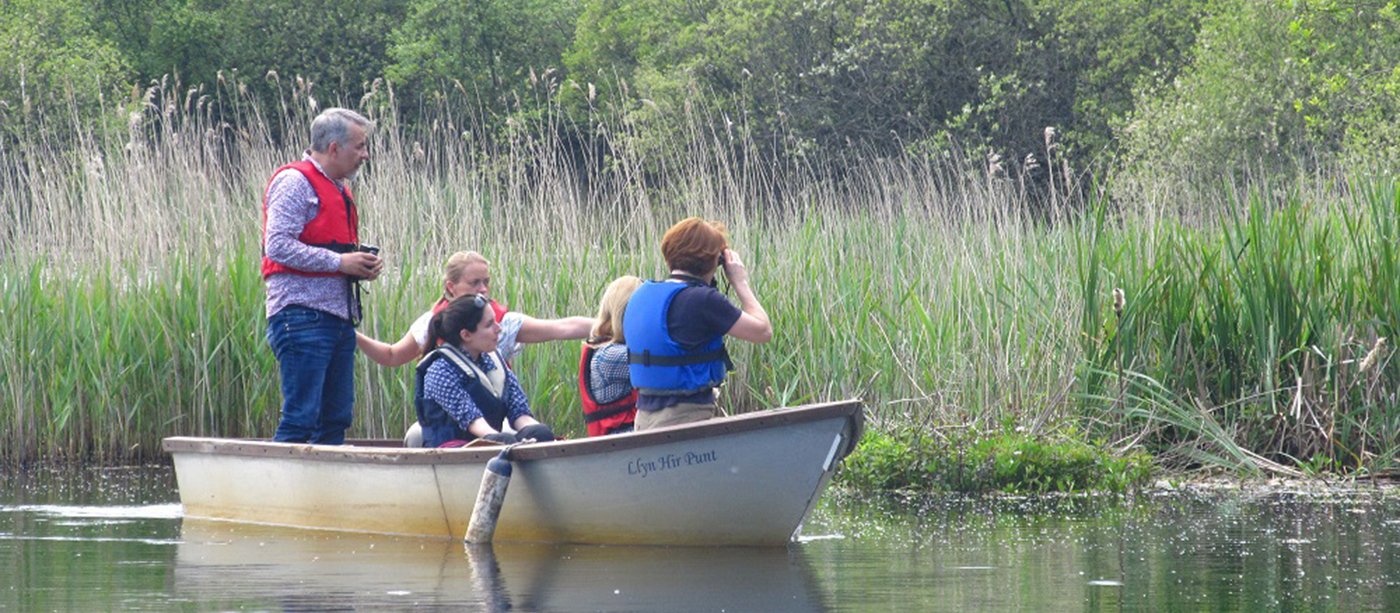
 We would like to invite you to the latest research seminar of the Creative Technology Research Centre.
We would like to invite you to the latest research seminar of the Creative Technology Research Centre.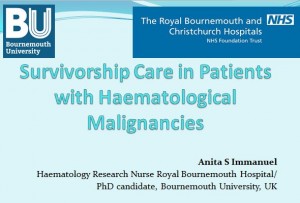
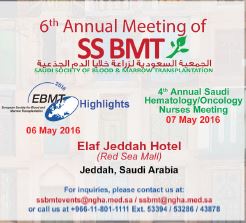
 Join us to take a closer look at how research can have an impact beyond academia, and the ways in which this can be achieved.
Join us to take a closer look at how research can have an impact beyond academia, and the ways in which this can be achieved.
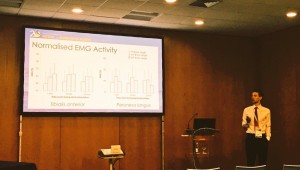
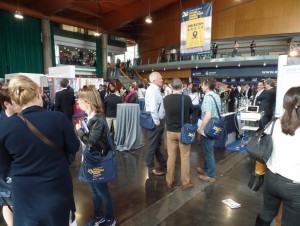

 Sascha Dov Bachmann, Associate Professor in International Law, FMC, has been made Extraordinary Visiting Professor (AP) in War Studies at the Swedish Defence University (FHS). This appointment recognizes his contribution to the work of the
Sascha Dov Bachmann, Associate Professor in International Law, FMC, has been made Extraordinary Visiting Professor (AP) in War Studies at the Swedish Defence University (FHS). This appointment recognizes his contribution to the work of the 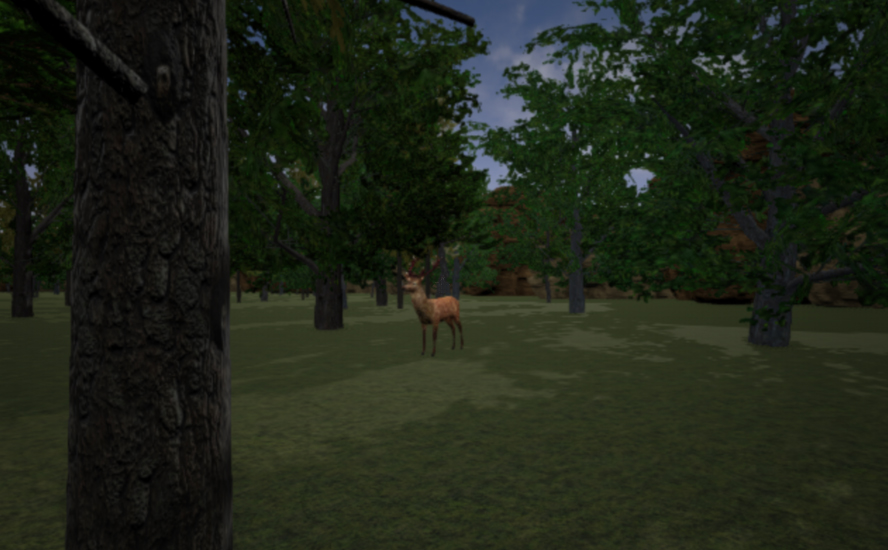
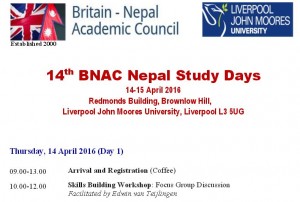
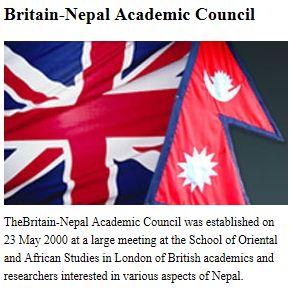
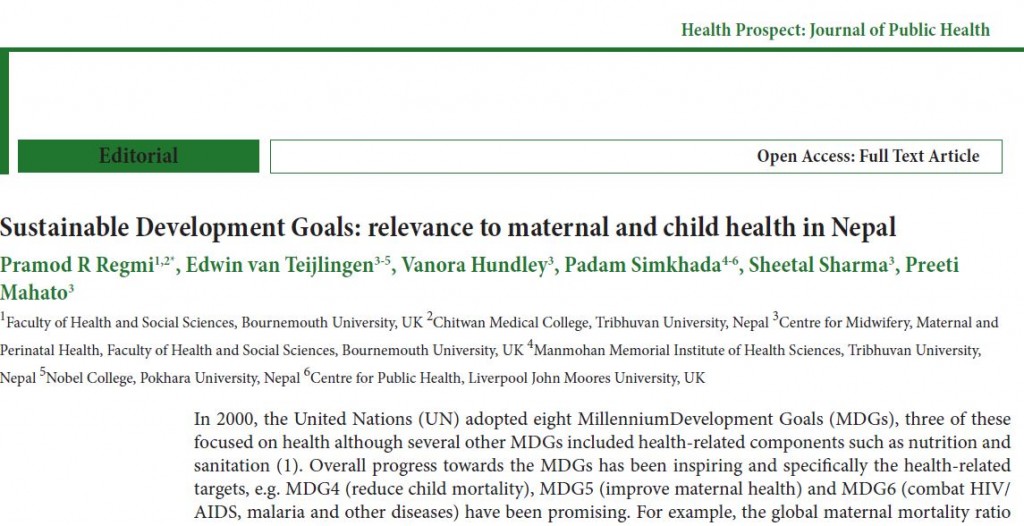
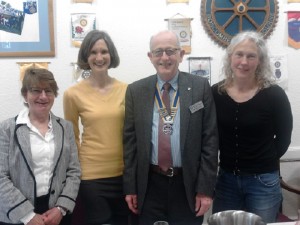











 Beyond Academia: Exploring Career Options for Early Career Researchers – Online Workshop
Beyond Academia: Exploring Career Options for Early Career Researchers – Online Workshop UKCGE Recognised Research Supervision Programme: Deadline Approaching
UKCGE Recognised Research Supervision Programme: Deadline Approaching SPROUT: From Sustainable Research to Sustainable Research Lives
SPROUT: From Sustainable Research to Sustainable Research Lives BRIAN upgrade and new look
BRIAN upgrade and new look Seeing the fruits of your labour in Bangladesh
Seeing the fruits of your labour in Bangladesh ECR Funding Open Call: Research Culture & Community Grant – Apply now
ECR Funding Open Call: Research Culture & Community Grant – Apply now ECR Funding Open Call: Research Culture & Community Grant – Application Deadline Friday 12 December
ECR Funding Open Call: Research Culture & Community Grant – Application Deadline Friday 12 December MSCA Postdoctoral Fellowships 2025 Call
MSCA Postdoctoral Fellowships 2025 Call ERC Advanced Grant 2025 Webinar
ERC Advanced Grant 2025 Webinar Update on UKRO services
Update on UKRO services European research project exploring use of ‘virtual twins’ to better manage metabolic associated fatty liver disease
European research project exploring use of ‘virtual twins’ to better manage metabolic associated fatty liver disease